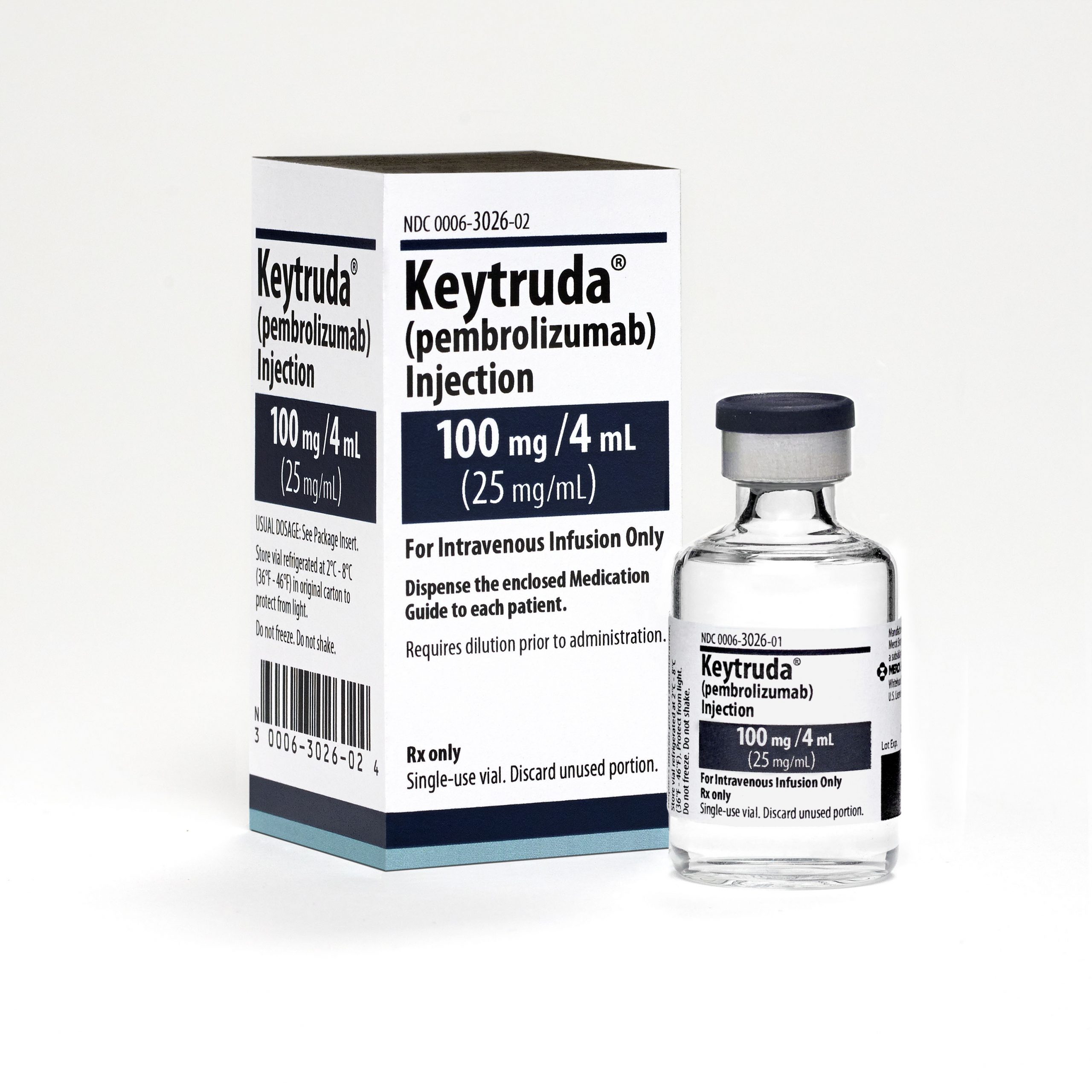Merck & Co pulls Keytruda lung cancer filing in Europe

Merck & Co has suffered a setback with its cancer immunotherapy drug Keytruda, after it withdrew its European filing for the drug in a potentially lucrative use in first-line lung cancer in combination with chemotherapy.
The news emerged after Merck announced figures showing sales topped $1 billion per quarter for the first time.
A revelation that former US president Jimmy Carter had been treated with the drug, and that it had shrunk brain tumours following late-stage skin cancer, added to the buzz surrounding Keytruda (pembrolizumab).
Sales of Keytruda have almost tripled compared with last year’s Q4 results and is now close to catching Bristol-Myers Squibb’s close rival, Opdivo (nivolumab).
BMS’ third quarter results announcement showed sales of just under $1.3 billion, up 38%, but Keytruda looks likely to overtake this despite the fact that Opdivo was first to market.
However, the decision to withdraw the EU filing could check the sales growth until Merck can provide further data, as it prevents the drug being used in a wider population of lung cancer patients.
As a monotherapy, Keytruda is currently only licensed in Europe for first-line non-small cell lung cancer (NSCLC) in patients with a certain combination genetic mutations – high PD-L1 expression with no EGFR or ALK-positive tumour mutations.
But combining Keytruda with chemotherapies pemetrexed or carboplatin allows for much wider use within lung cancer patients, and therefore more sales for Merck & Co.
Keytruda has already been approved by the FDA in combination with chemotherapy in NSCLC, but it looks as though Europe’s CHMP committee had reservations about the data provided so far.
In its statement, Merck said it was confident in findings from the KEYNOTE-021 trial used to support the filing, which demonstrated significant improvements in overall response rate and progression-free survival for the Keytruda+chemo combination compared with chemotherapy alone.
Merck said it plans to share data from further studies evaluating the combination therapy in first-line NSCLC with regulators.
BMS has found first-line lung cancer a tough nut to crack with Opdivo, which failed to produce results as a monotherapy. In combination with another immunotherapy, Yervoy, BMS has said it will not seek a fast review pushing a potential US approval back to the end of next year.












